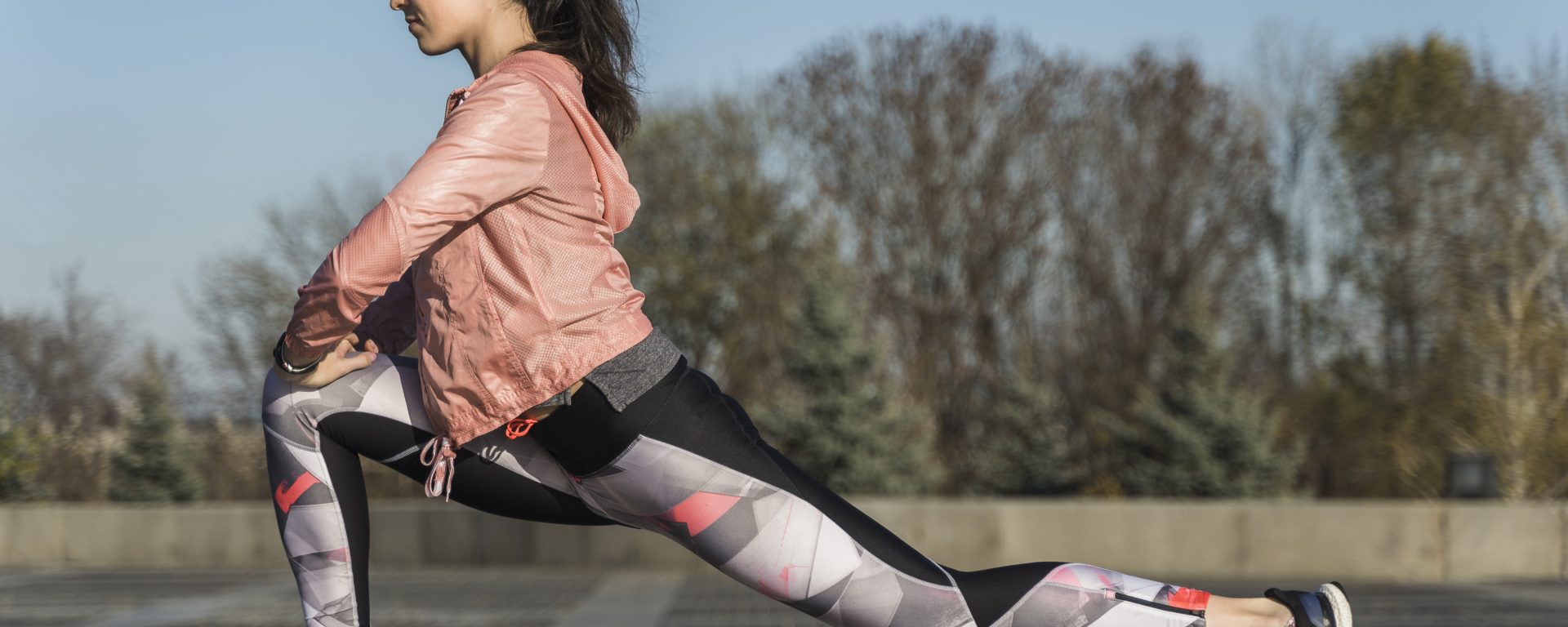Now that we’ve all been hunkering down and doing our best to carry on via Zoom and other remote digital technologies into our 8th month of this Pandemic lockdown, we’d like to remind everyone to regularly take the time to step away from your screens!
Even during normal times it’s good to periodically get up from your desk, whether you’re using your computer or simply sitting and writing or reading. The general advice from experts is that one should get up at least every 20-30 minutes. Ideally, and particularly if you are looking at a screen, get up, get outside and look at something far away, such as finding the horizon (https://www.webmd.com/eye-health/qa/how-often-should-i-take-a-break-to-relieve-computer-vision-syndrome). And please don’t make it a Social Media break, by just switching to your phone! This helps your visual system reset.
The physical act of getting up from your chair is good for your body, and increases blood flow, as well as reducing compression and stress on body systems that were never meant for long term sitting. Your body and brain function better when you move on a regular basis (eg. https://www.scientificamerican.com/article/how-exercise-affects-your-brain/).
Once you do get up and move, take the opportunity to stretch. The sitting position puts particular stress on the lower back and neck, so certainly make sure you’re moving and stretching those areas, but you can help those systems by stretching your hamstrings (back of the thighs), glutes and even your calf muscles. Move first and warm up your body’s systems, then stretch before you sit back down. (Did you know that the College offers virtual versions of the Group Exercise classes during this pandemic: https://swarthmoreathletics.com/sports/2016/10/7/groupexercise.aspx, and for more information about keeping fit at Swarthmore College: https://swarthmoreathletics.com/wellbeing)
Take extra effort during the lock-down to incorporate movement, exercise and outdoor time into your daily routine. To the degree you can spend more time outside, looking into the distance, you will improve your efficiency when you do get back in front of a screen, and your visual system will be healthier. Exercise can also help you fight depression, which the pandemic has made a bigger, more prevalent problem with the enforced isolation (eg. https://www.mayoclinic.org/diseases-conditions/depression/in-depth/depression-and-exercise/art-20046495). Build your core musculature for better posture and comfort while working at your computer.
At the same time, if you have kids who are also stuck at home with you, taking a short break can give you a chance to check in and connect with them, even if briefly. If you don’t already know their class schedules, this is a good time to find out and use that to coordinate your own breaks!
Finally, sleep is critical and is hampered by too much screen time. There is a lot of evidence that moving during the day, and limiting your screen exposure both contribute to better sleep at night! There is also increasing evidence that short restorative naps can help you be more productive as well (see https://www.webmd.com/sleep-disorders/features/america-its-time-for-your-nap). While our culture generally frowns on napping during work time, evidence strongly supports the positive impact that short breaks can have on concentration and problem solving (https://www.nytimes.com/2017/06/23/smarter-living/take-naps-at-work-apologize-to-no-one.html). As long as you have more control over your environment – take advantage of that control and make sure you’re taking care of yourself!
(Title image credit: Woman photo created by freepik – www.freepik.com)

